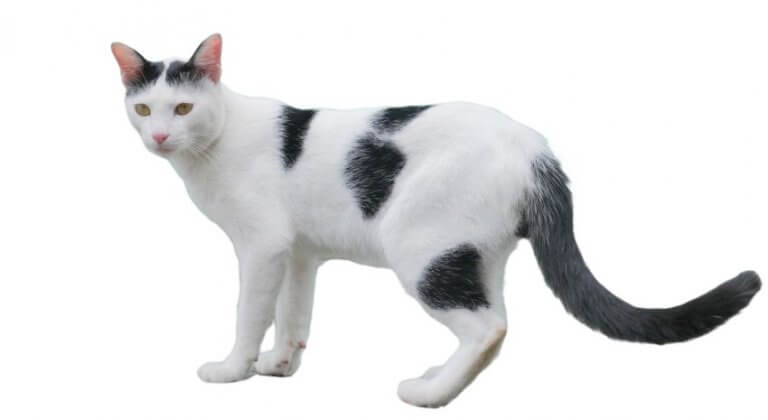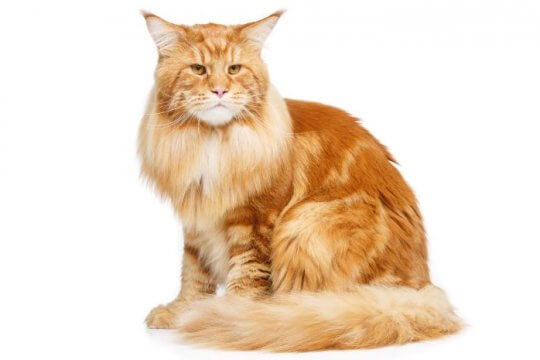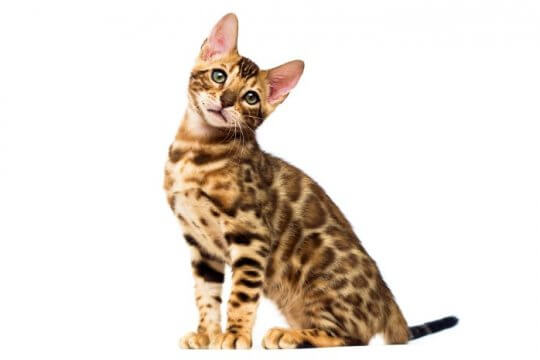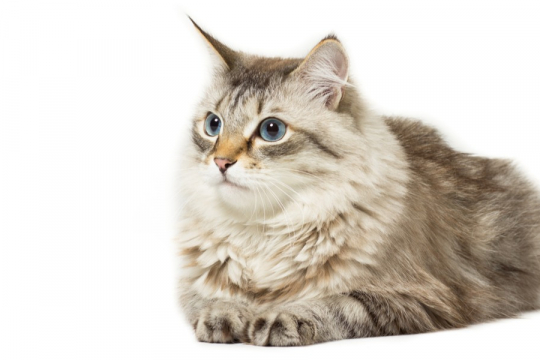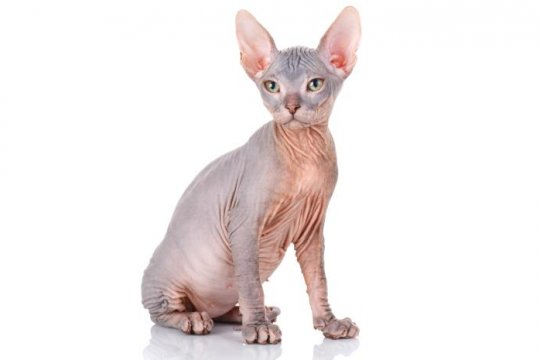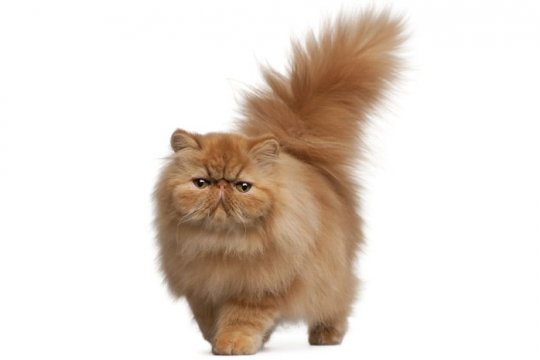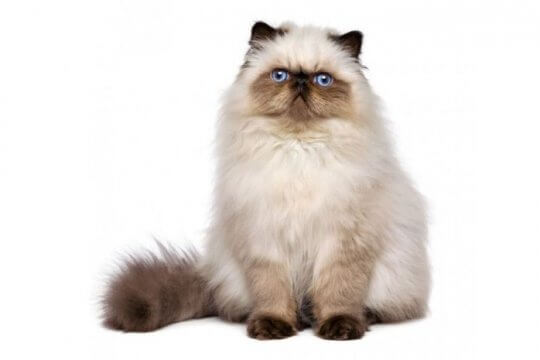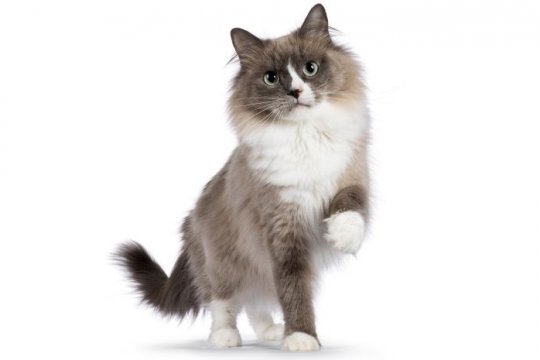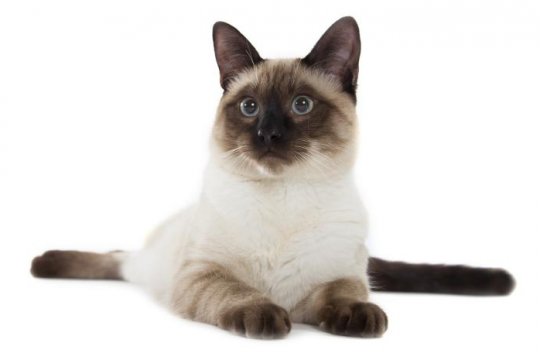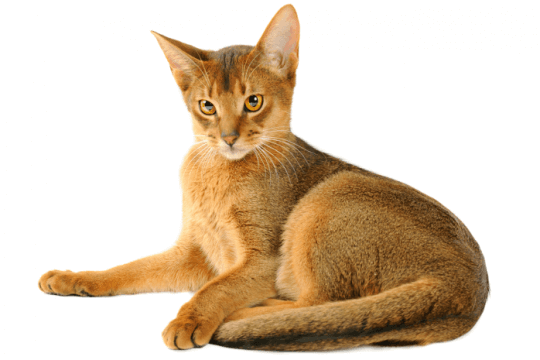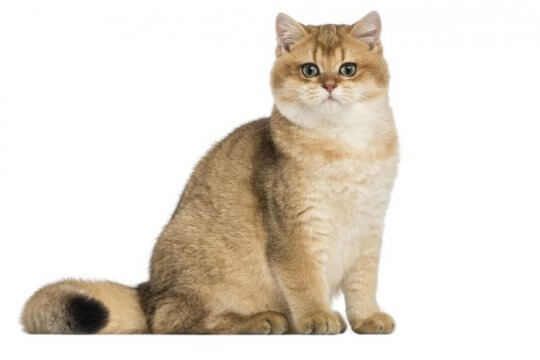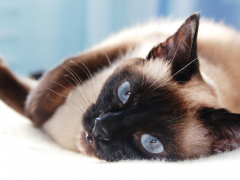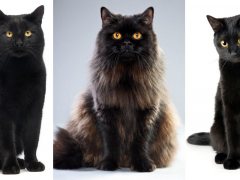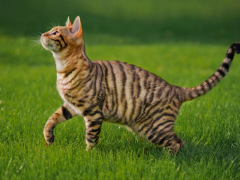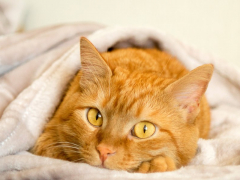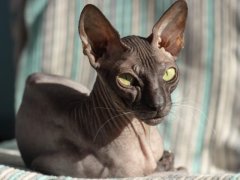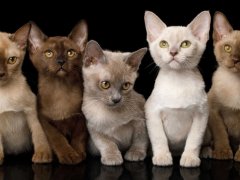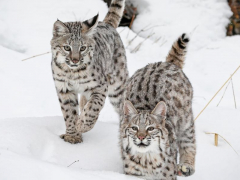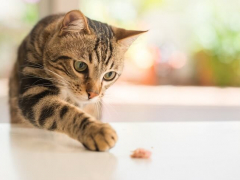Personality and Temperament
Sometimes referred to as the Colorpoint Longhair, the Javanese cat is affectionately nicknamed the "Javi." Just like the Siamese cats that make up the breed’s foundation, this kitty is friendly, playful, and talkative, often meowing and chatting for reasons their human companions might not understand. Javanese cats are outstanding family pets overall. Their ability to get on well with others including other felines and well-behaved dogs makes them a lot of fun to be around.
The Javanese cat is extremely athletic, with a fondness for high jumps, fast-paced laps around the house, and interactive games. These cats are also excellent mousers, so any rodents that cross their paths aren't likely to survive for long.
In their quest for fun and entertainment, Javanese cats have a tendency to poke their noses into everything, quickly learning how to open cupboards and drawers. Like many other social cat breeds that thrive on human interaction, Javanese cats can become depressed if their favorite people spend more time away than they do at home. For this reason, these cats are best for families that define themselves as homebodies.
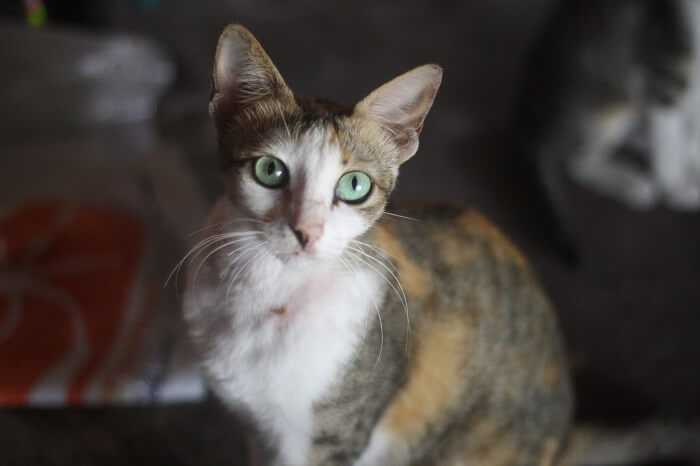
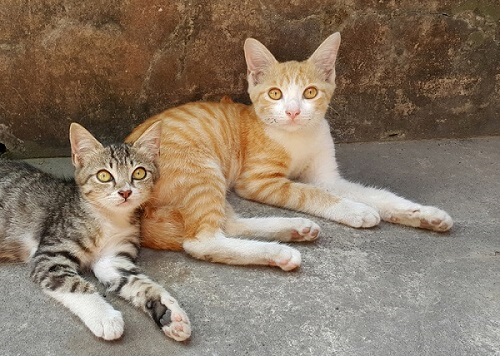
Care
Nutrition
Grooming
Exercise
Health
The Javanese cat has no special nutritional needs, however it's best to offer a high quality, high-protein diet that lists real meat or fish as the primary ingredient. Like many other Oriental cat breeds, Javanese can have long life spans. Feeding a food designed for the appropriate lifestage can help ensure good health throughout the years.
The Javanese cat has a silky, long coat but as there is no undercoat to form mats, it does not require daily care. Brushing just once or twice per week will help this kitty maintain its stunning good looks.
As natural athletes, Javanese cats don't require much encouragement to play. Simply set them up for success, and they are likely to do the rest – perhaps with a little bit of help from you. These cats love to play fetch, they adore feathered wands, and chasing laser beams is a favorite pastime.
When you aren't able to join in the fun, they'll keep themselves entertained, climbing their cat tree, watching birds from the windowsill, jumping up onto the highest shelves they can find, and of course playing with toys from their personal treasure trove.
Most Javanese cats are very healthy, however genetic issues do occasionally arise including crossed eyes, arthritis, deafness, and hip dysplasia. Responsible breeders typically test to ensure that parents are healthy, however there is never a 100% guarantee that all individuals will be free from disease.
Some Javanese cats slow down quite a bit with age. A reduction in activity level can lead to obesity, which can compound other health problems. If your cat isn't as active as before, you may want to check with your vet concerning reduced portion sizes or dietary changes based on a more sedentary lifestyle.
History
You might think that the Javanese cat comes from the island of Java, but the truth is a bit less intriguing. While this breed does get its name from that lovely Pacific island, its origins are domestic in nature, and there really isn’t any mystery surrounding its family story.
The Javanese cat is a color variation on the Balinese cat, which in turn is the long-haired variety of Siamese. Javanese cat breeders create pairings that focus on producing kittens with red, tortoiseshell, lynx, and cream points.
The Cat Fanciers Association (CFA) is the only breed registry that makes the distinction between Balinese and Javanese cats. This lovely breed was granted official recognition in 1987.
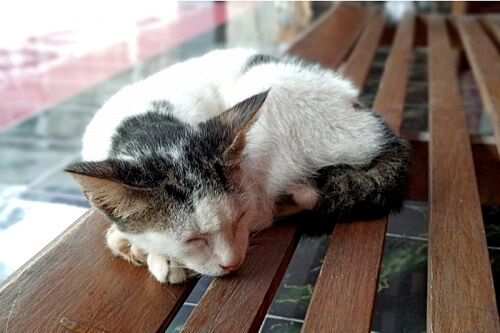
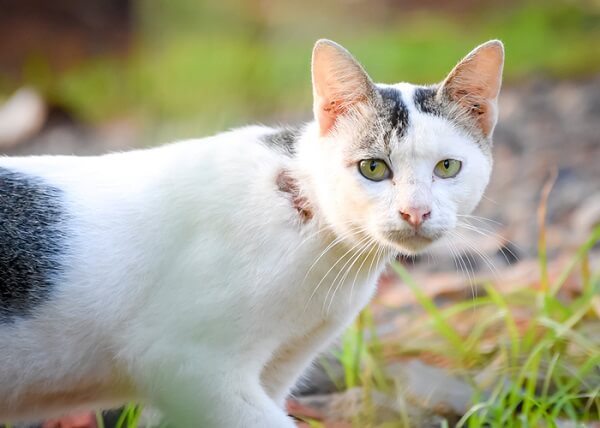
The Breed Standard
Eyes
Legs & Paws
Tail
The Breed Standard
Body
Head
Ears
Coat
Color
FAQ
How much does a Javanese cat cost?
Javanese cats cost between $1,000-$1,500.
How big do Javanese cats get?
Javanese cats tend to be medium in size. A fully grown Javanese cat might weigh between 6-10 pounds or more and range in height anywhere from about 10"-14" inches tall.
How long do Javanese cats live?
The Average lifespan for Javanese is 12-16 years.
Do Javanese cats shed?
Javanese are long-haired cats, so you do have to expect a certain amount of shedding from this breed, but they don't shed as much as other cat breeds.
